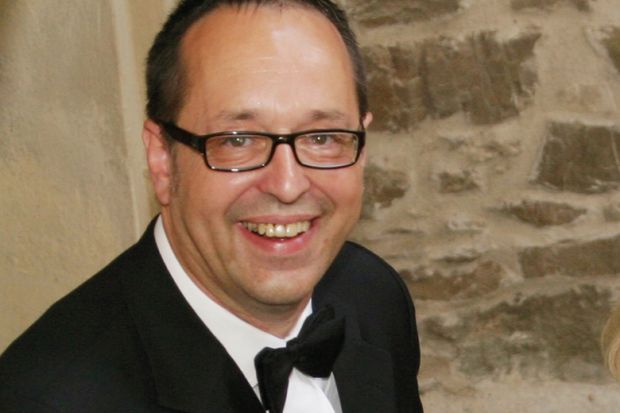Andy Furlong was born in Liverpool on 12 May 1956 and began his working life at Virgin Records before going on as a mature student to a degree in sociology at the University of Leicester.
He followed this with a PhD – one of the first to be awarded by what became Leicester’s Centre for Labour Market Studies (CLMS) – on the experiences of those who went through the Youth Training Scheme, part of a wider research project on young people in the labour market funded by the UK Department of Employment.
He was to retain close links with the CLMS throughout his career; even at the time of his death, he was working with colleagues from Leicester on a project reanalysing their data from his original 1980s study of young adults in the city.
After holding academic posts at the universities of Edinburgh and Strathclyde, Professor Furlong joined the sociology department at the University of Glasgow in 1995, where he established the Youth, Education and Employment Research Unit.
He went on to become head of department before shifting to the department of management as professor of sociology. He subsequently moved again to the department of education as professor of social inclusion and education, where he was able to develop his lifelong commitment to improving access to higher education, before finally being appointed dean of research in the College of Social Sciences in 2014.
Building on the research he had done for his PhD, Professor Furlong soon established himself as a leading international authority in youth studies, and he was employed by both the United Nations and the Council of Europe as a consultant on policy.
His first book, Growing up in a Classless Society? School to Work Transitions (1992) opened up a range of new theoretical perspectives. Young People and Social Change: Individualization and Risk in Late Modernity (with Fred Cartmel, 1997) remains highly influential. Subsequent works shed more light on the complex transitions from school to other forms of education and then into work that have sometimes been seen in simplistic linear terms.
Michele Burman, head of Glasgow’s School of Social and Political Sciences, described Professor Furlong as “a hugely generous presence” who “practised his commitment to social justice in a quiet but firm way”. Those who knew him were “touched by his humility and warmed by his compassion”. He died on 30 January and is survived by his wife Gerda Reith, their three children and two older children.

